Being a is one of the most rewarding experiences in life as it comes with a lot of joy and tear-jerking moments. However, raising a child appears to be enmeshed in a complex web of difficulties and complications.
According to psychoanalyst Diane Barth, there are many things parents dislike about kids. This is because parenthood turns out to be different from what many women had imagined or wished for.
This could have happened because the previous parents were excellent at pretending that everything was fine when they were not happy about anything.
To deal with this unreal aspect of parenting we will look into some transparent confessions about things parents dislike about kids on Reddit. There were numerous frank posts on Reddit where parents openly shared the things parents dislike about kids.
10 Things Parents Dislike About Kids
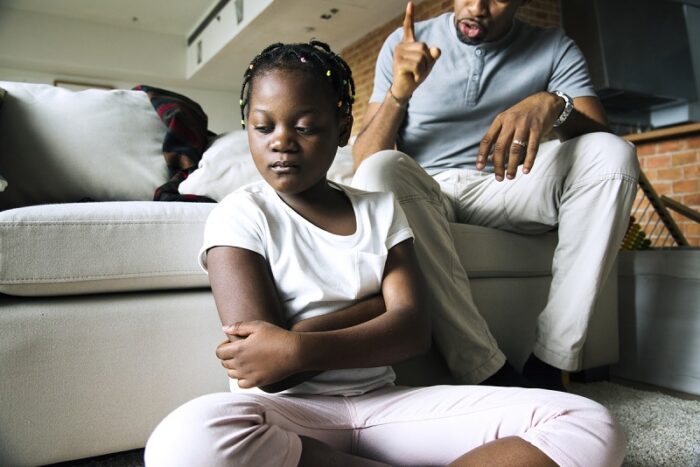
1. Oversharing on Group Chats
She is 18, and she shares everything about our lives with her friends which makes me uncomfortable.
My daughter’s sharing of private family moments via group chats in this era of advanced communication has become a matter of concern.
Things parents dislike about kids include taking pictures of me sleeping on the sofa to narrating trivial fights I have had with my husband, it has made me wonder about personal boundaries.
2. Intellectual Arrogance in a Young Reader
Her intellect at 8 years old causes her to feel superior compared to other children and even her siblings.
My daughter’s growing sense of intellectual superiority over her peers and sometimes siblings continues to worry me despite my pleasure in her intelligent nature and love for books.
By choosing novels that are not meant for her age, she has unknowingly bred some arrogance in herself leaving me anxious about how this trait will manifest during adolescence period.
3. The Dirty Phase
He is aged 10 but likes being dirty resulting in even smelling like B.O. or rotten feet – something that can confuse a parent like me.
Parenting complaints about kids who an oddballs and prefer representing themselves as always ‘smelly’ seem quite strange to me. And I get why these things parents dislike about kids.
His deliberate smelling like B.O. or rotten feet to perpetuate childhood does not make parenting easy either. I hope he outgrows it eventually since it seems very temporary.
4. Strained Relationships with a Step-Daughter
Bringing up my step-daughter from the age of five has been challenging because she still views me as an intruder being selfish and ungrateful too.”
However, even though I brought up my stepdaughter for almost two decades, we are still at odds with each other.
The problem lies within her perception of me as an alien plus the act of being self-centered plus thankless behaviors shown by her. As a single parent, the feeling of things parents dislike about kids is normal.
After all the initial efforts I put forward resulted in emotional distance thus making it a convoluted part of our family dynamics.
5. Lack of Drive in High School
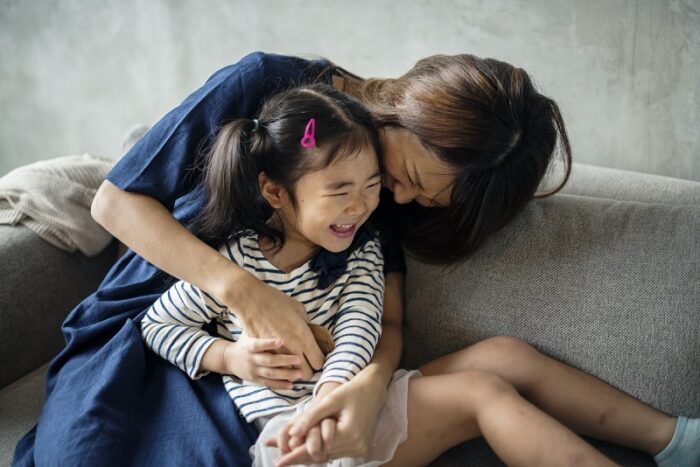
He is in high school and has no ambition or interest in planning for the future hence making me anxious about his possible choices in life.
This is another hurdle that I face as a parent to a teenager, my son’s lack of ambition and future planning.
It worries me as a parent when he shows no desire to shape what will become of him in the future.
These things parents dislike about kids leave me with the constant fear that things may remain the same way, hence the kid ending up confused in adulthood without any direction change.
Read More: Wake Up Kids for School with These 7 Morning Magic Tricks!
6. Tackling Disrespectful Behavior
“Coping with occasional insolence and tantrums of a 13-year-old who behaves as if he is an adult can be challenging.”
Teenage parenting involves managing instances of disrespect and tantrums.
The difficulty increases when my thirteen-year-old insists on acting like an adult. Although teenage rebellion is understandable, establishing the right equilibrium has become a continuous struggle.
7. Arrogance of the College Graduate
“My daughter is 23 years old now; she graduated from college and has developed the attitude that good things ought to come without effort.”
My daughter became an adult recently which brought unexpected challenges along. I am amazed by her sense of entitlement even after completing college.
She imagines a life she cannot afford, always expecting the best without having earned it in any possible sense. As a parent, I have to reconcile these expectations with reality every day.
8. Violent Conduct in Children Aged Three
“My three-year-old son acts violently by hitting, biting and kicking which are worrisome signs for their future development.”
Parenting toddlers comes with unique issues especially when dealing with aggression.
My three-year-old’s hitting, biting, and kicking raises concerns about how these behaviors may progress as they grow older. This stage requires a careful balance between discipline and understanding.
7. Extreme Competitive Traits among Five-Year-Olds
“It’s embarrassing as well as challenging for me to handle my five-year-old daughter’s excessive competitiveness among friends.”
As a parent, this intense competition in my five-year-old daughter has been both difficult and embarrassing for me to watch.
The constant need to outdo friends in various activities or games makes social interactions more complicated than necessary; finding ways to balance them becomes difficult.
Striking that delicate balance between positive competition and cooperation needs utmost care here too
8. Non-stop chatter
It is overwhelming to have my eleven-year-old daughter talk incessantly all the time, especially when it is inconvenient for me and I want some quiet time.
I value my daughter’s outgoing character but the endless flow of words spewing out at crucial times becomes too much.
Her desire to tell jokes or narratives during phone conversations or when it’s time to sleep indicates how difficult it is to strike a balance between engagement and silence that will regenerate me.
These honest admissions about things parents dislike about kids show a systematic portrait of parents’ multifarious struggles, expounding on the intricacies of different subheadings in parent-child relationships.
Read More: Breaking Tween Habits Made Easy: 10 Creative Solutions for Parents!
10 Helpful Tips For Dealing With Parenting Complaints About Kids
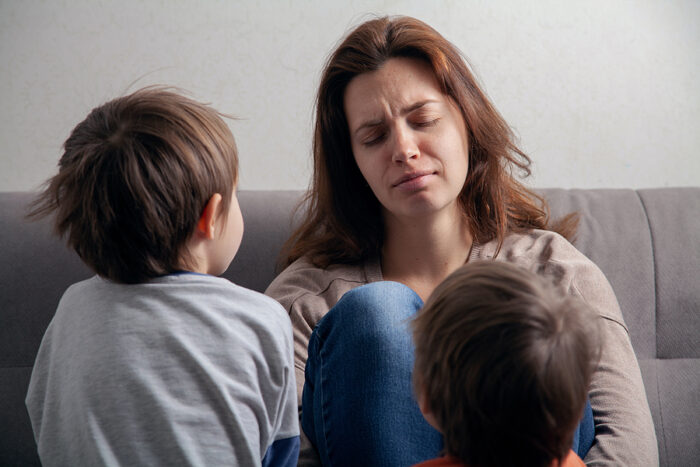
The following are some of the most common parenting complaints about kids:
1. Privately Discuss the Differences
However, open communication is important for the children, and it is better to have disagreements behind closed doors away from them. Sit down by yourself and talk it over to find a way out.
2. Set Up Rules and Penalties Beforehand
This helps to address issues during fights and things parents dislike about kids because emotions are low when rules and consequences are agreed upon before the occurrence of situations.
3. Understand Your Spouse’s Family Background
By going into your partner’s childhood memories you will get to know what they think about parenting. The understanding develops empathy among both parents so that they can think together and have mutual ground.
4. Embrace Flexible Parenting Styles
It’s good for parenting to be flexible as per the growth requirements of the children. Flexibility does not mean that one size fits all in child rearing; rather it allows effective adjustments.
5. Compromise Based on Strong Feelings
If there are conflicting views, then the parent with stronger feelings should make a compromise. This is better than making decisions based on personal likes as far as overall family welfare is concerned.
6. Leverage Differences for Diversity in Parenting Styles
Different models and perspectives bring diverse parenting while different types of parents teach various strategies for solving child-related problems.
7. Support Each Other Even When Absent
Support your partner’s parenting decisions even when they are not around physically by coming together in front of your kids so that they know you are backing them up or else thinking ill of one parent.
8. Seek Guidance from Trusted Sources
Seek advice from trusted friends or relatives who give you insights without forcing their views on you so that you can make a well-versed choice.
9. Learn from Mistakes and Forgive Yourself
Once a person acknowledges that you are a parent, accept the fact that you will make mistakes.
Embrace the idea of being a ‘good enough’ parent and learn from them. Cultivate forgiveness towards yourself and your partner thus setting an example to your children.
10. Prioritize Alone Time for the Couple
Alone time as a couple is important for maintaining a strong foundation. Preserve your relationship outside of parenting roles as it will serve as a grounding point for hard times and strengthen your ability to help each other in your capacity as parents.
The trick to alleviate the feelings of things parents dislike about kids is to go with the flow, learn from experience, and have one another’s backs no matter what.
So keep talking about these parenting complaints about kids while you navigate through family life with chaotic laughter, flexibility, and most importantly never forget to have fun in the process of raising kids in this mad world we call home!
Read More: 10 Important Parenting Lessons For New Dads You Should Know!
Final Takeaways
Parenting, while deeply rewarding, often comes with unexpected challenges and frustrations.
The candid revelations about the things parents dislike about kids reveal a range of issues from oversharing and intellectual arrogance to more complex matters like strained relationships and lack of ambition.
By addressing these issues openly and seeking constructive solutions, parents can foster a more harmonious and supportive environment.
Remember, parenting is a journey filled with ups and downs, and learning from these experiences can strengthen both family bonds and individual growth.
Frequently Asked Questions (FAQs)
1. What are some things parents dislike about kids?
Parents may express discomfort with oversharing on group chats, intellectual arrogance, the “dirty phase,” strained relationships, lack of drive in high school, occasional disrespect, entitled attitudes, aggressive behavior, excessive competitiveness, and endless talking.
2. What are parenting complaints about kids?
Parenting complaints about kids include communication, intellectual development, peculiar phases, complex relationships, concerns about ambition, disrespectful behavior, entitlement post-college graduation, aggressive behavior in toddlers, excessive competitiveness, and finding a balance with talkative children.
3. What are some practical ways to solve parenting issues?
Discuss differences privately, establish rules, understand your partner’s family history, embrace a flexible parenting style, compromise based on strong feelings, leverage differences for diversity, support each other, seek guidance, learn from mistakes, forgive, and prioritize alone time for the couple.
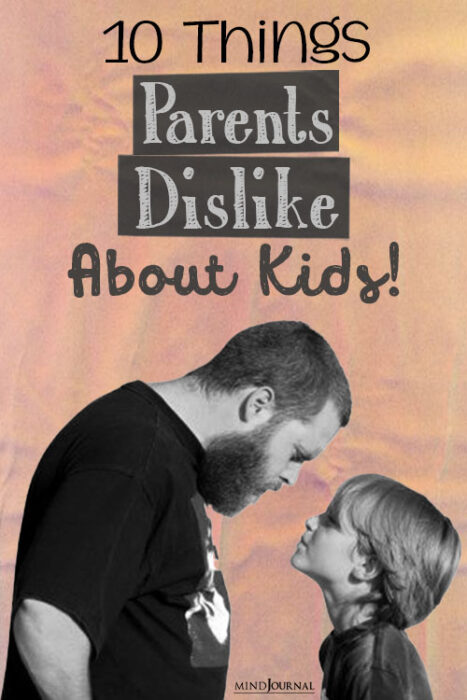
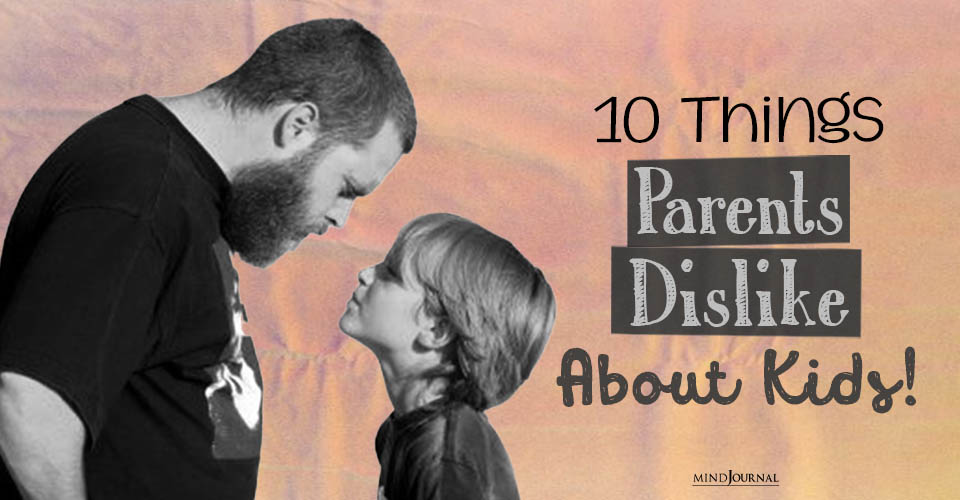
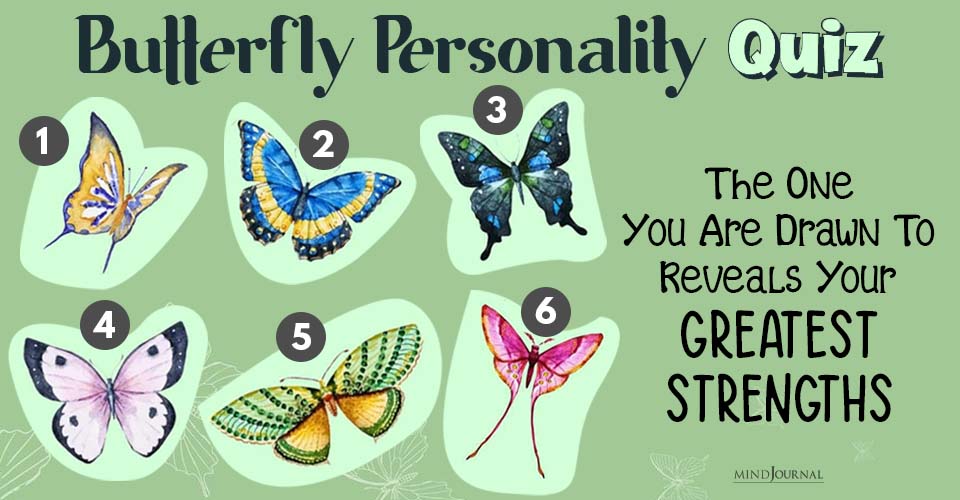

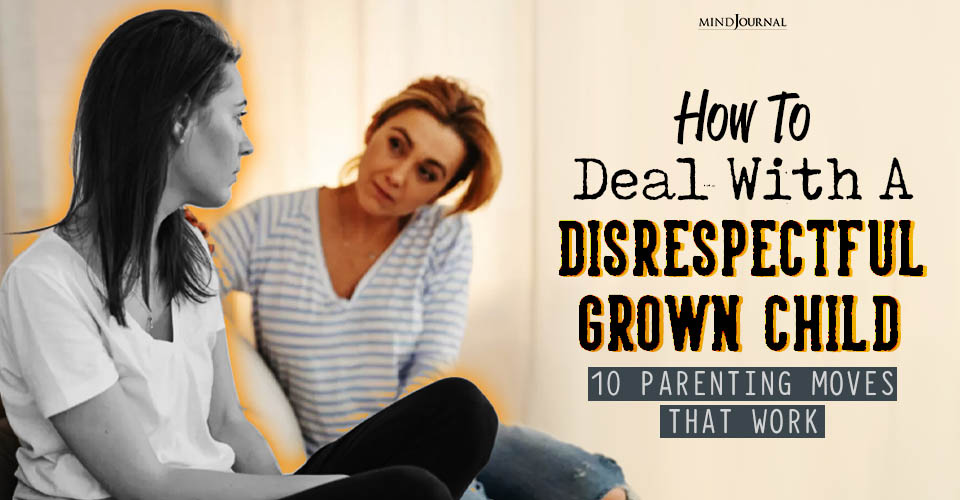




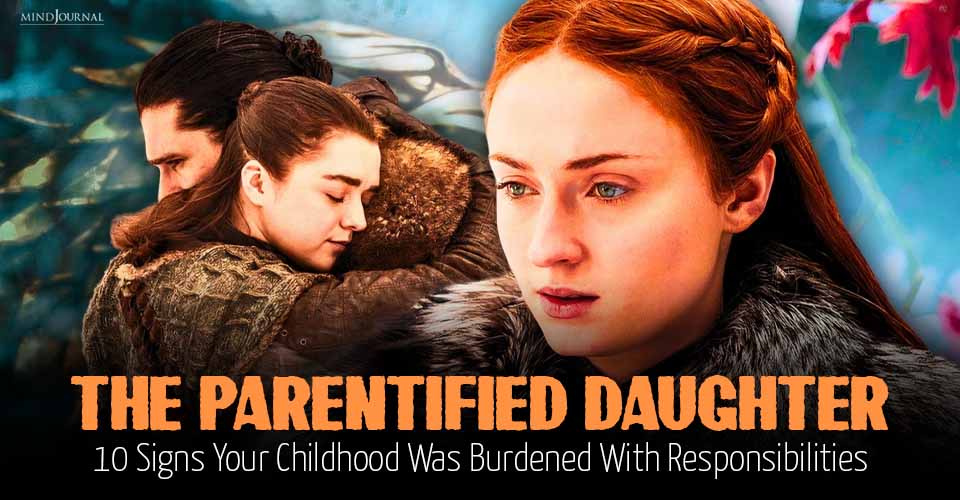
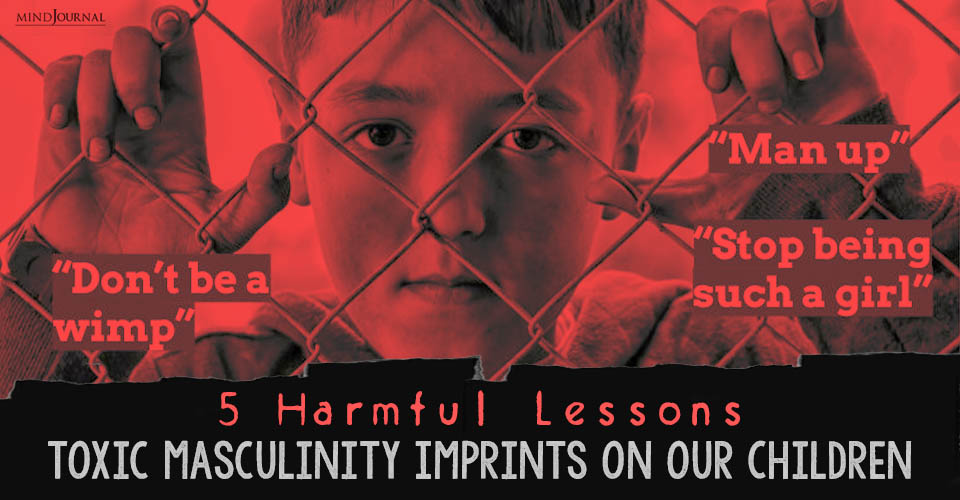


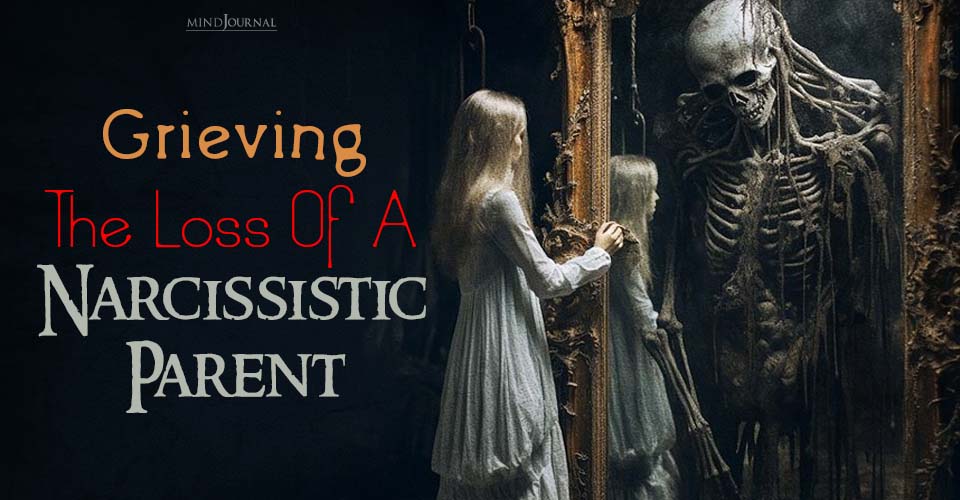
Leave a Reply
You must be logged in to post a comment.